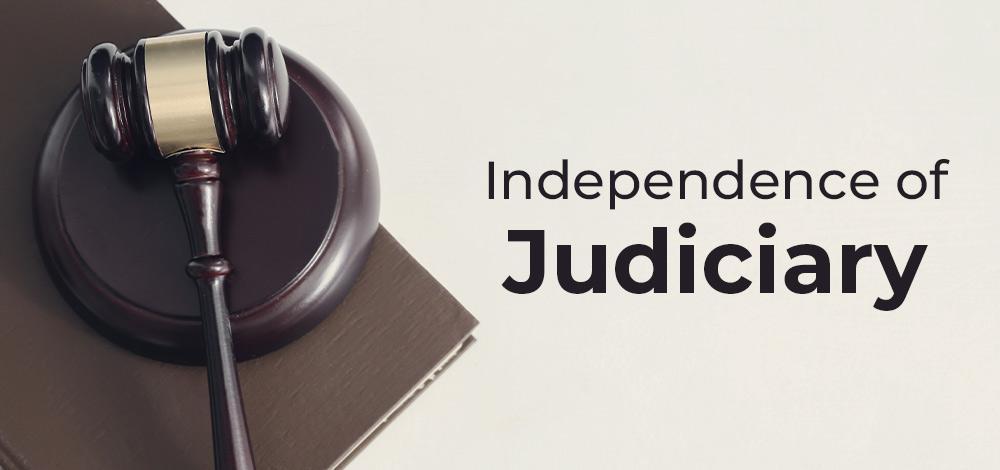Barrister Ahmed Khan
Since Pakistan’s independence in 1947, the country has been grappling with establishing an objective and transparent system for appointing judges to the High Courts, Supreme Court, and the Federal Shariat Court. The Judicial Commission of Pakistan has been the primary authority responsible for judicial appointments, which aims to promote merit, transparency, and accountability in the appointment process. However, the commission has faced criticism for its lack of transparency and susceptibility to external pressures that compromise the independence of the judiciary.
From the era of the British Raj to the post-independence period, the judicial appointment process in Pakistan has undergone significant transformations. Initially, judges were appointed by the Crown, with qualifications and experience in legal practice or civil service being the key criteria. The Regulating Act of 1773 and subsequent reforms in India shaped the appointment processes, which later influenced judicial practices in Pakistan.
After independence, the 1956 and 1962 constitutions of Pakistan designated the President as the primary authority for judicial appointments, requiring consultations with the chief justice to appoint Supreme Court judges. Judges were to be Pakistani citizens with substantial experience either as High Court judges or advocates. However, the process remained heavily influenced by the President, with additional oversight mechanisms introduced over time, such as the Supreme Judicial Council, to address judicial misconduct or incapacity.
The 1973 Constitution of Pakistan did not bring about substantial changes in the criteria for the appointment of judges, maintaining qualifications similar to those outlined in the previous constitutions. However, the appointment of judges in Pakistan has historically been influenced by those operating outside the rule of law. The prevailing political powers often recommended appointments that served their interests, thereby undermining the independence of the judiciary.
Subsequent civilian governments led by Benazir Bhutto and Nawaz Sharif did not alter these practices. They continued to exert control over the judiciary, using it to advance personal and political agendas. This manipulation was carried out blatantly, reflecting a continuation of the undemocratic practices initiated by previous military rulers. As a result, the judiciary remained vulnerable to external pressures, with appointments often made based on recommendations from powerful non-judicial actors.
The 18th Amendment, passed in 2010, aimed to rectify this by involving both the Judicial Commission of Pakistan (JCP) and a Parliamentary Committee (PC) in the appointment process. However, the influence of external forces on appointments continued despite these structural changes, revealing the persistent influence of these forces.
In 2022, a constitutional petition was filed under Article 184(3) of the constitution, requesting an amendment to Rule 3 of the Judicial Commission of Pakistan. The Amendment aimed to establish objective, rule-based, and pro-people criteria for the appointment of judges. However, the petition was returned by the registrar, who deemed it personal in nature.
Recent efforts have been made to advocate for the Amendment of Rule 3 by the new Chief Justice, who had previously expressed support for such changes. Articles and videos were published in newspapers and shared on social media to raise awareness of the issue. However, despite the establishment of a committee under a distinguished Justice of the Supreme Court, the draft amendments are yet to be approved and sanctioned by the Judicial Commission of Pakistan, indicating the challenges in implementing reforms.
The judiciary’s independence in Pakistan has been compromised by the very forces it seeks to be protected from, underscoring the need for further reforms that genuinely insulate judicial appointments from external influences. The appointment of judges based on merit and objective criteria is crucial for developing a more accountable and democratic judicial system in Pakistan.
Please, subscribe to the YouTube channel of republicpolicy.com
















